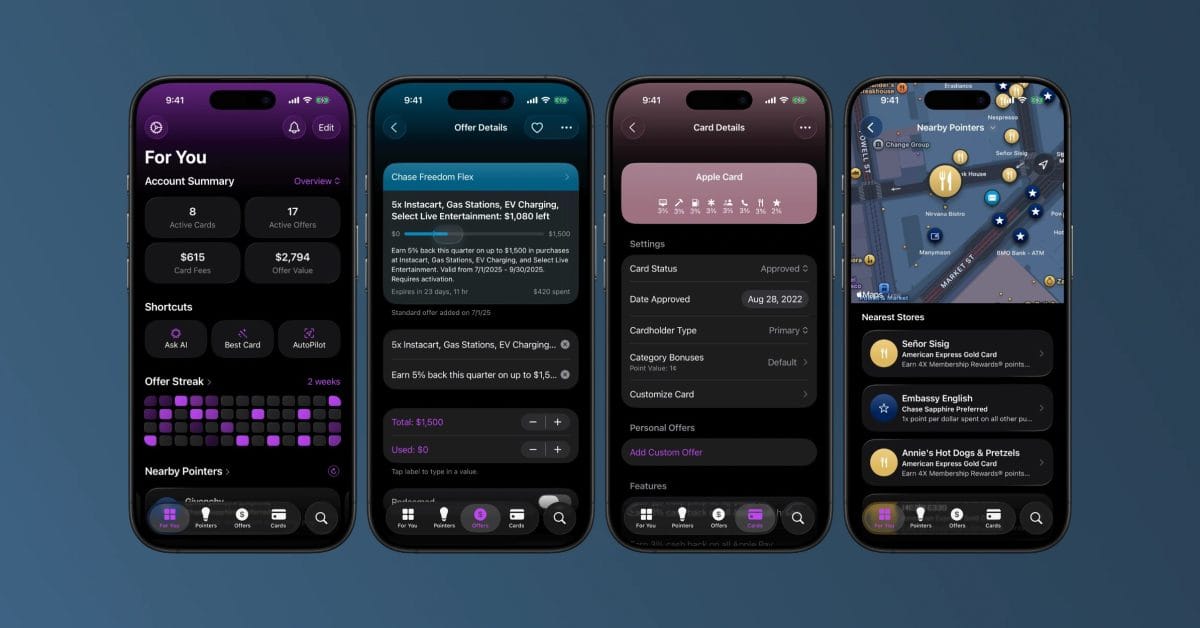
apple working on mcp support to enable Apple has initiated the integration of agentic AI capabilities across its devices with the rollout of developer betas for iOS 26.1, iPadOS 26.1, and macOS Tahoe 26.1.
apple working on mcp support to enable
Introduction to Agentic AI
Agentic AI refers to artificial intelligence systems that can perform tasks autonomously, making decisions based on user preferences and contextual information. This technology aims to enhance user experience by providing more personalized and efficient interactions with devices. The integration of such capabilities into Apple’s ecosystem marks a significant shift in how users will interact with their devices, potentially revolutionizing the way tasks are performed on iPhones, iPads, and Macs.
Apple’s Strategic Move
With the recent developer betas, Apple is not just updating its operating systems; it is strategically positioning itself to leverage the growing demand for advanced AI functionalities. The adoption of Anthropic’s protocol is particularly noteworthy. Anthropic, a company known for its focus on safety and alignment in AI, has developed a framework that allows AI systems to operate in a manner that is both effective and ethically sound.
What is Anthropic’s Protocol?
Anthropic’s protocol is designed to facilitate the development of AI systems that can understand and respond to user intentions more accurately. This protocol emphasizes safety, interpretability, and user alignment, ensuring that AI behaves in ways that are predictable and beneficial to users. By adopting this protocol, Apple aims to enhance its AI capabilities while maintaining a commitment to user privacy and security.
Implications for Apple Users
The integration of agentic AI through Anthropic’s protocol could lead to several enhancements in user experience across Apple’s devices. Here are some potential implications:
- Improved Personalization: Devices could learn from user behavior and preferences, offering tailored suggestions and automating routine tasks.
- Enhanced Productivity: With AI handling more complex tasks, users may find themselves able to focus on higher-level activities, improving overall efficiency.
- Greater Accessibility: Agentic AI could help users with disabilities by providing more intuitive ways to interact with technology, making devices easier to use.
- Increased Security: By employing advanced AI protocols, Apple can enhance the security features of its devices, making them more resilient against threats.
Technical Aspects of the Integration
The technical integration of agentic AI into Apple’s operating systems involves several key components:
- Machine Learning Models: Apple will likely implement advanced machine learning algorithms that can process vast amounts of data to understand user behavior.
- Natural Language Processing: Enhancements in NLP will allow devices to better understand and respond to user commands, making interactions more fluid.
- Contextual Awareness: Devices will be able to assess the context in which they are being used, allowing for more relevant responses and actions.
Challenges Ahead
While the potential benefits of integrating agentic AI are significant, Apple faces several challenges:
- Data Privacy: As AI systems require vast amounts of data to function effectively, ensuring user privacy while collecting and processing this data will be crucial.
- Ethical Considerations: The deployment of AI must be handled with care to avoid unintended consequences, such as bias in decision-making processes.
- Technical Hurdles: Integrating complex AI systems into existing software frameworks can pose significant technical challenges that need to be addressed.
Stakeholder Reactions
The response from stakeholders, including developers, industry analysts, and consumers, has been mixed but generally optimistic. Developers are eager to explore the new capabilities that agentic AI can bring to their applications, while industry analysts are closely monitoring how Apple’s move will impact the competitive landscape.
Developer Community
For developers, the introduction of agentic AI opens up new avenues for innovation. Many are excited about the potential to create applications that can learn from user interactions and adapt over time. However, there are concerns regarding the complexity of integrating these advanced AI features into existing applications. Developers will need to familiarize themselves with Anthropic’s protocol to fully leverage its capabilities.
Industry Analysts
Industry analysts view Apple’s move as a significant step in the ongoing AI arms race among tech giants. Companies like Google, Microsoft, and Amazon have already made substantial investments in AI technologies, and Apple’s entry into this space could intensify competition. Analysts suggest that Apple’s focus on ethical AI could differentiate it from competitors, particularly in an era where data privacy is a growing concern.
Consumer Perspective
Consumers are generally intrigued by the prospect of more intelligent devices. The promise of improved personalization and productivity resonates with many users. However, there are also apprehensions regarding data privacy and the extent to which AI will influence daily interactions with technology. Apple will need to address these concerns transparently to build trust among its user base.
The Future of Agentic AI in Apple’s Ecosystem
As Apple continues to develop and refine its agentic AI capabilities, the future looks promising. The integration of such technology could lead to a more cohesive and intelligent ecosystem across all Apple devices. Users may find that their iPhones, iPads, and Macs work together more seamlessly, with AI facilitating smoother transitions between tasks and applications.
Potential Use Cases
Several potential use cases for agentic AI within Apple’s ecosystem can be envisioned:
- Smart Home Integration: Devices could communicate more effectively with smart home systems, allowing for automated routines based on user preferences.
- Enhanced Communication: AI could assist in drafting emails or messages, learning from previous interactions to improve tone and content.
- Health Monitoring: With the integration of health data, AI could provide personalized health recommendations and reminders based on user habits.
Conclusion
Apple’s rollout of developer betas for iOS 26.1, iPadOS 26.1, and macOS Tahoe 26.1 marks a pivotal moment in the company’s journey toward integrating agentic AI across its devices. By adopting Anthropic’s protocol, Apple is not only enhancing its AI capabilities but also committing to a safer and more user-aligned approach to technology. As the company navigates the challenges and opportunities presented by this integration, the implications for users, developers, and the broader tech landscape will be profound.
Source: Original report
Was this helpful?
Last Modified: September 23, 2025 at 12:43 am
5 views















